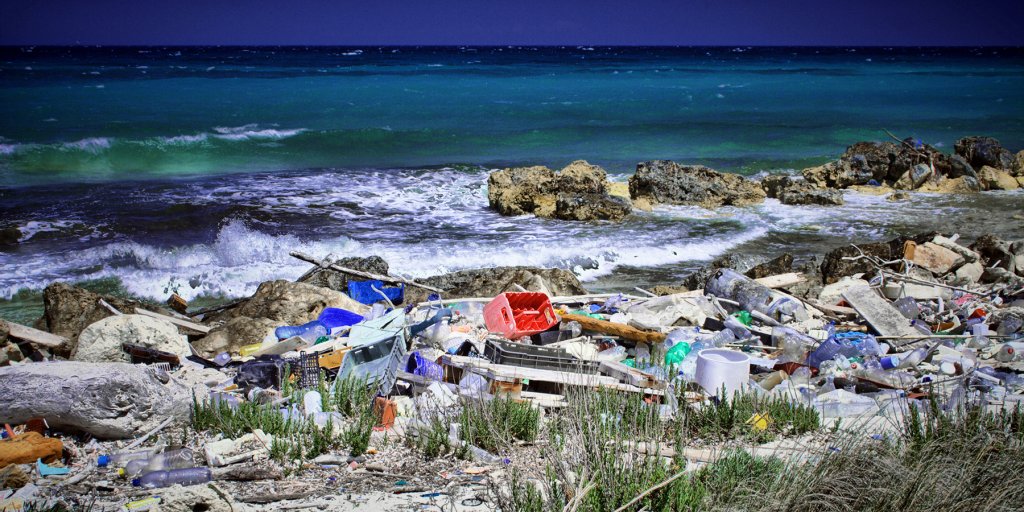UNEP-ISC Strategic Foresight
The International Science Council (ISC) and the United Nations Environment Programme (UNEP) have partnered to advance science-based strategic foresight to develop futures thinking, be better prepared to engage with challenges proactively, and to inform and guide decisions for the benefit of the global environment.
To help navigate uncertainty and rapid and unprecedented changes in the environment, while effectively delivering on its mandate, the United Nations Environment Programme (UNEP) is looking to put in place an institutionalized approach to strategic foresight and horizon scanning with the view to developing an anticipatory and future-oriented culture.
This mirrors the growing interest and demand for foresight that is also reinforced by the United Nations reform agenda and the Secretary-General’s report on ‘Our Common Agenda’, which calls for all UN agencies, as well as all UN Member States, to engage in foresight practices more deeply and apply the derived insights to address global systemic risks and support strategic planning.
UNEP and ISC are engaging widely across sectors, scientific disciplines, and knowledge systems to identify key drivers of change, potential signals of change and emerging issues that will impact the achievement of global environmental goals. The foresight and horizon scanning process will include the preparation of a megatrends and foresight report to be published in 2024.
Key milestones
✅ In December 2022, the ISC and UNEP signed a Memorandum of Understanding to cooperate on advancing the use of science in environmental policy and decision-making.
✅ In February 2023, UNEP and the ISC launched a call for nominations of individual experts to establish an independent Expert Panel to guide and oversee critical work on environmental horizon scanning and strategic foresight.
✅ In April 2023, the ISC and UNEP established the Foresight Expert Panel (see full list below).
✅ In June 2023, UNEP and the ISC launched a global survey to identify disruptions, emerging issues and signals of change that could impact planetary health in the years to come. Over 1,000 emerging changes were identified during this process.
✅ In September 2023, UNEP and the ISC held the first sense-making workshop of the Foresight Expert Panel to review the work done thus far.
✅ Throughout the end of 2023, UNEP held a series of regional workshops with the ISC’s support to provide the necessary contextualization to validate and adjust the initial identification of emerging signals of change and provide information on regionally specific issues, risks, and opportunities.
UNEP-ISC Foresight Expert Panel
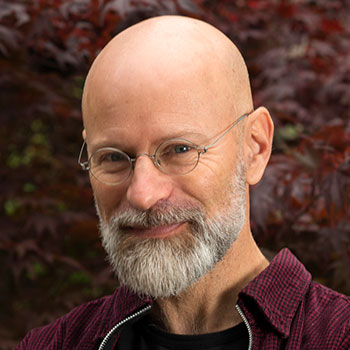
Dr. Henrik Carlsen
Stockholm Environment Institute

Prof. Fang Lee Cooke
Monash University

Prof. Ranjan Datta
Mount Royal University
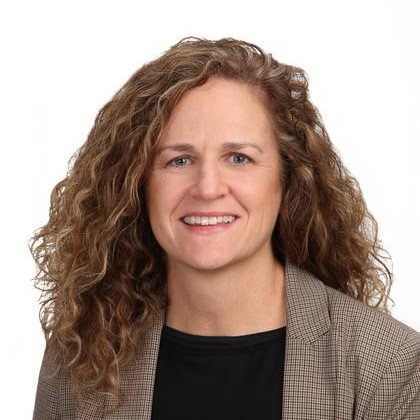
Prof. Debra Davidson
University of Alberta
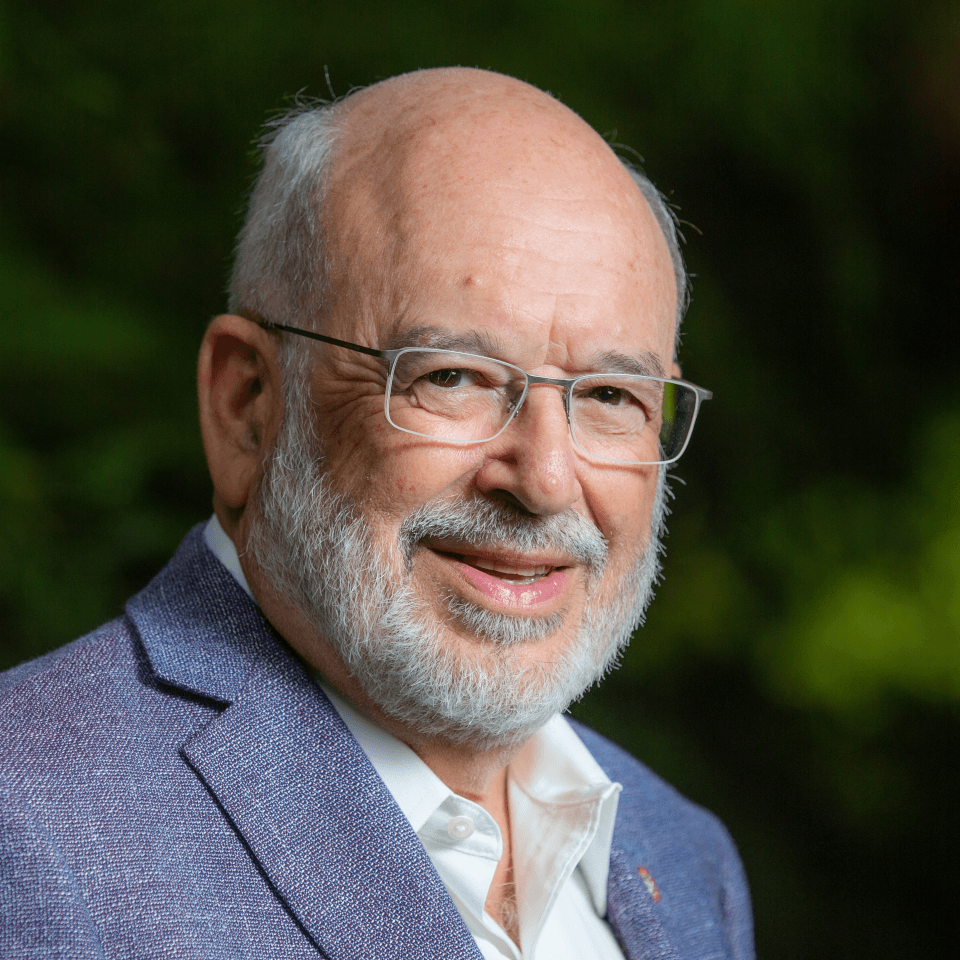
Sir Peter Gluckman
International Science Council

H.E. Dr. Edgar E. Gutierrez-Espeleta
University of Costa Rica, Former Minister of Environment and Energy for Costa Rica

Prof. Gensuo Jia
Chinese Academy of Sciences
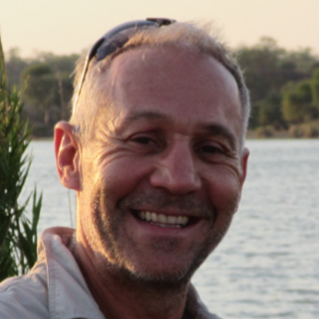
Dr. Nicholas King
Wilderness Foundation Africa
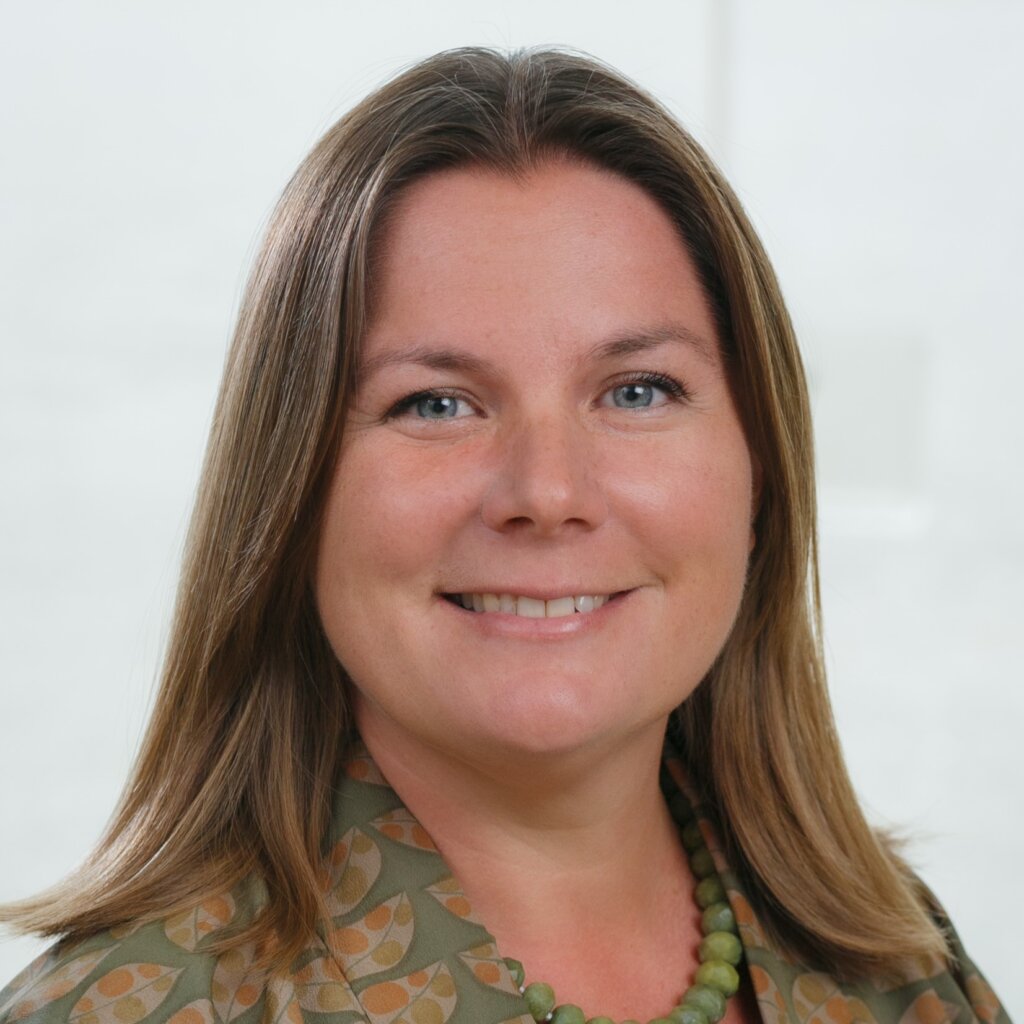
Dr. Nadejda Komendantova
International Institute for Applied Systems Analysis

Dr. Simone Lucatello
Mexican National Agency for Science and Technology (CONACYT)
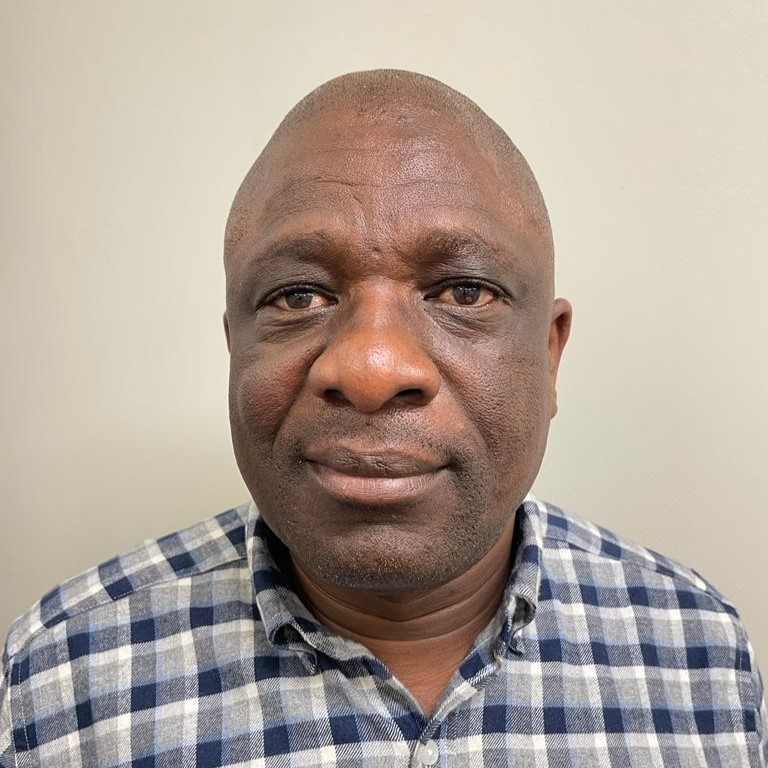
Dr. Wilfred Lunga
Human Sciences Research Council
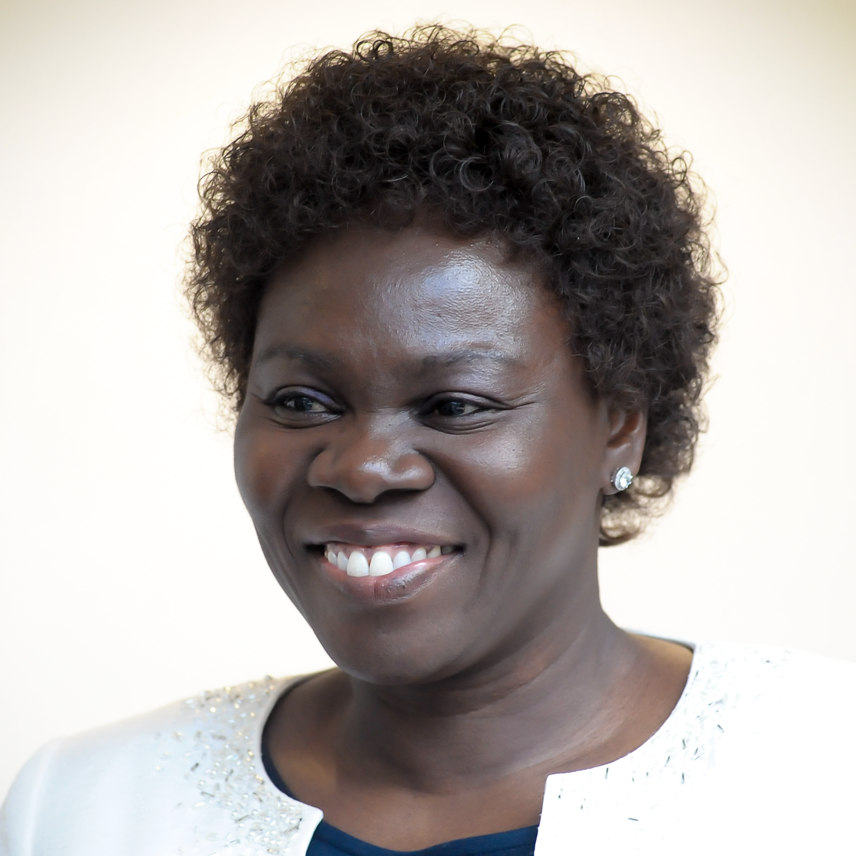
Dr. Nyovani Madise
African Institute for Development Policy
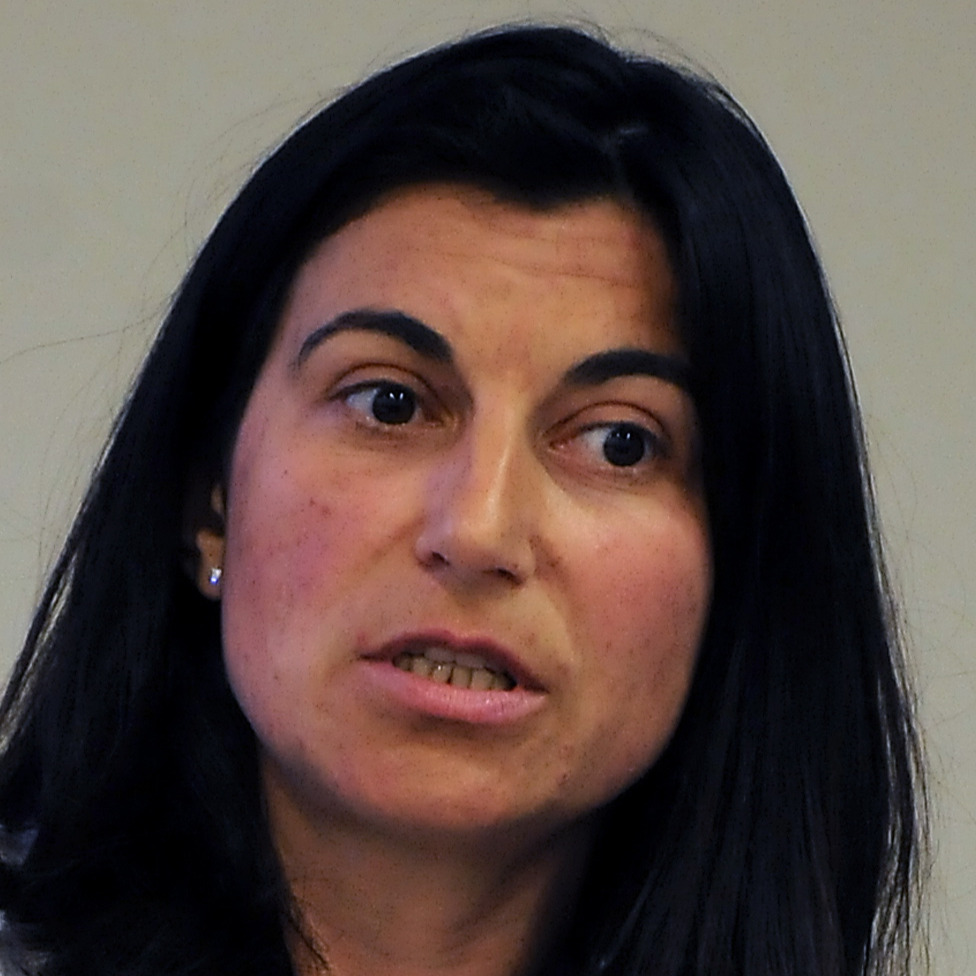
Prof. Diana Mangalagiu
University of Oxford
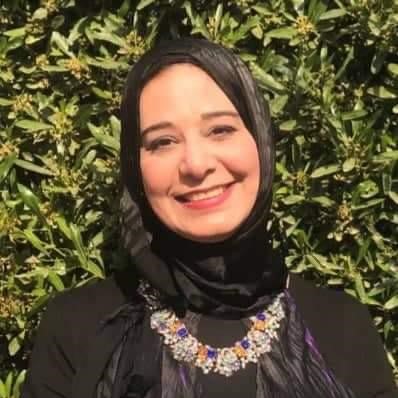
Dr. Elham Ali Mohamed
The National Authority for Remote Sensing and Space Sciences (NARSS)

Dr. Felix Moronta Barrios
International Centre for Genetic Engineering and Biotechnology ICGEB

Prof. Michelle Mycoo
The University of the West Indies
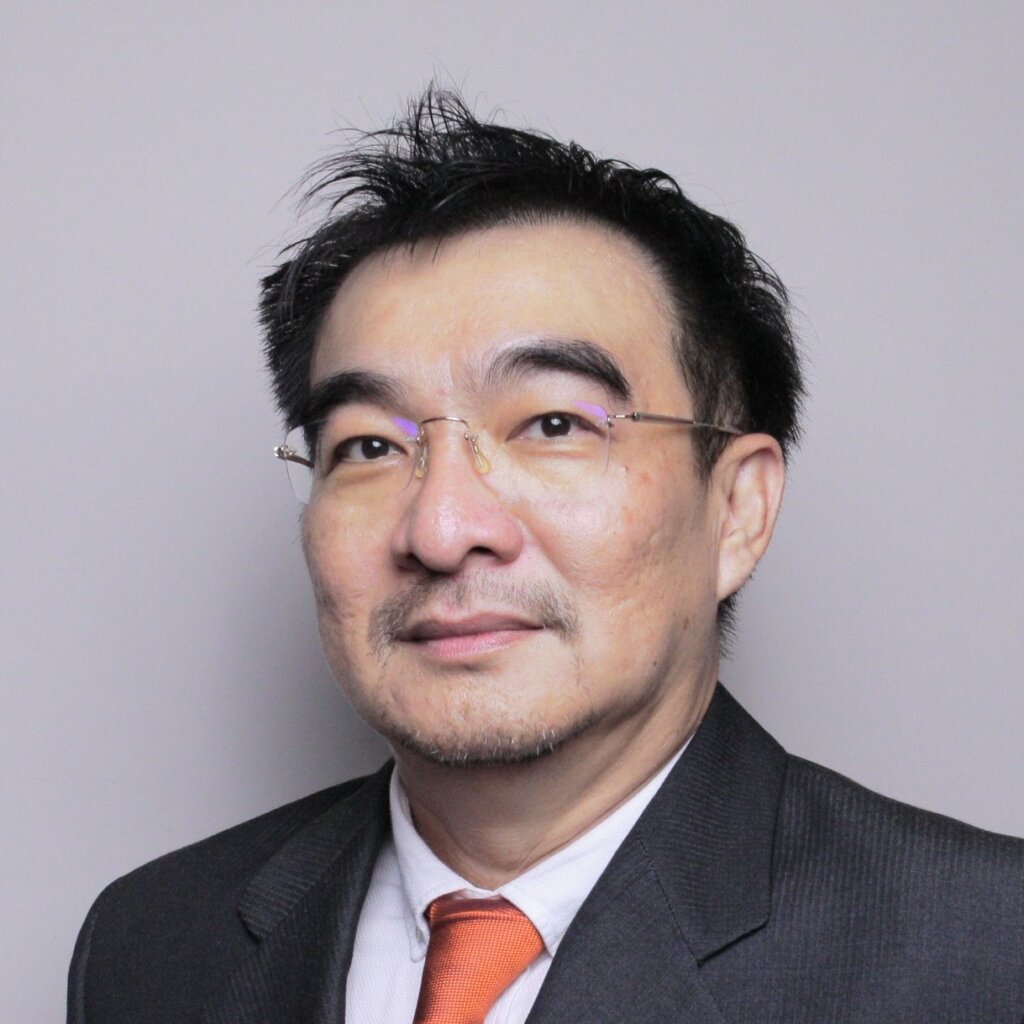
Prof. Wibool Piyawattanametha
King Mongkut’s Institute of Technology Ladkrabang
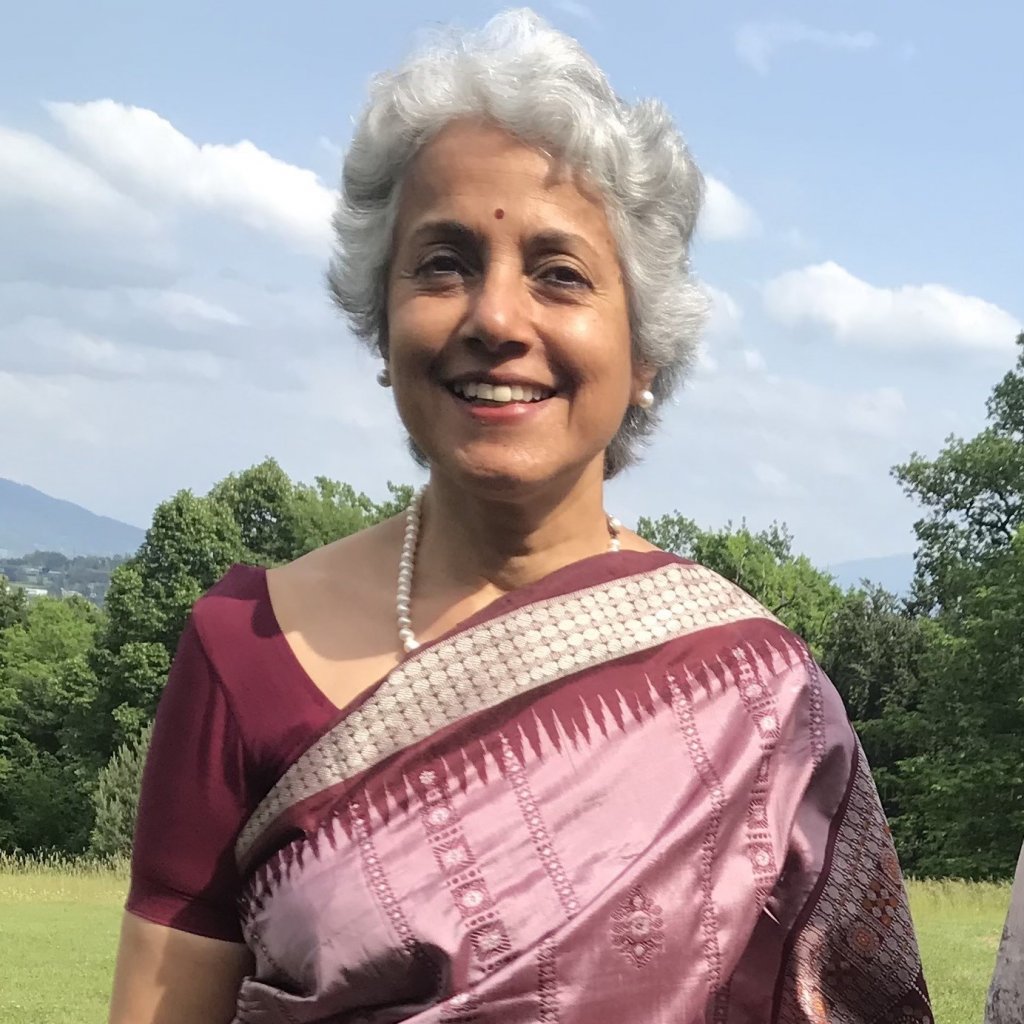
Dr. Soumya Swaminathan
M S Swaminathan Research Foundation
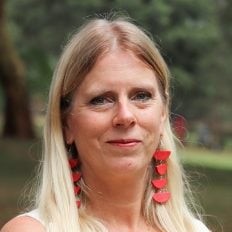
Prof. Diana Ürge-Vorsatz
Department of Environmental Sciences and Policy, Central European University
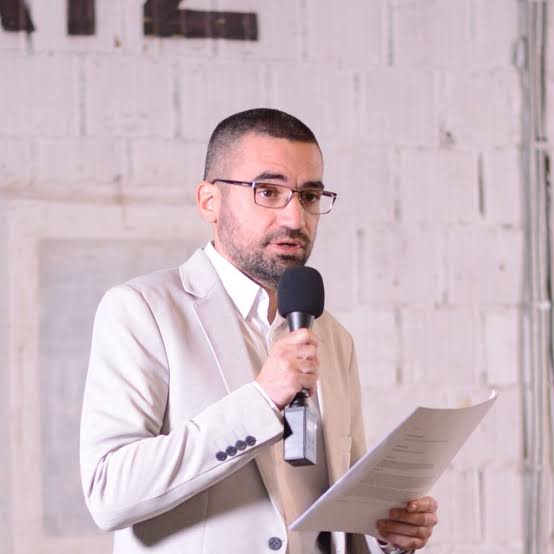
Dr. Ljubisa Bojic
University of Belgrade
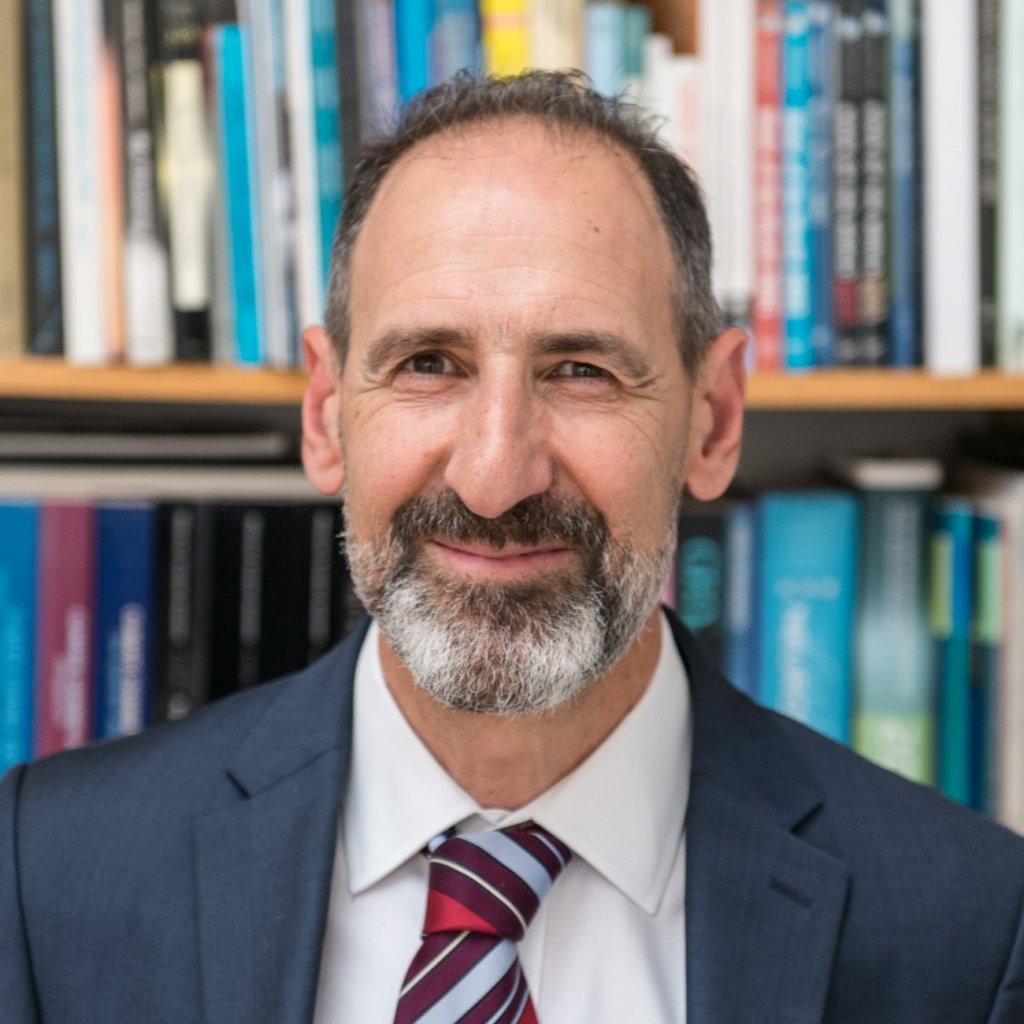
Dr. Salvatore Aricò
Ex-officio Member
International Science Council
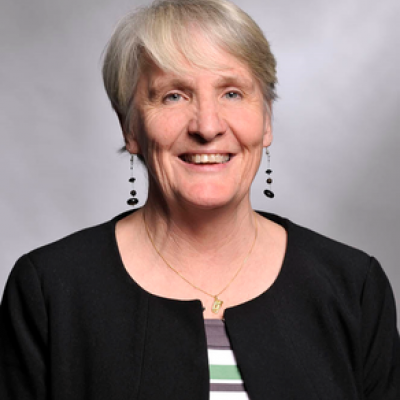
Dr. Andrea Hinwood
Ex-officio Member
United Nations Environment Programme
Global Environment Outlook (GEO-7) assessment
Three experts from the ISC Membership have been appointed to the UNEP’s Multidisciplinary Expert Scientific Advisory Group (MESAG). The transdisciplinary experts’ group, named by UNEP’s Executive Director, will advise the scientific credibility of the seventh edition of the Global Environment Outlook (GEO-7) assessment to be released during the next United Nations’ Environmental Assembly, in 2026.
Dr. Monica Moraes from the Bolivian National Academy of Sciences, Dr. Ervin Balázs from Hungary’s Centre for Agricultural Research and Dr. Yonglong Lu from China’s Xiamen University, are nominated to UNEP’s Multidisciplinary Expert Scientific Advisory Group (MESAG), responsible for advising the scientific credibility of the seventh edition of the Global Environment Outlook (GEO-7) assessment.
Towards an international Plastic Pollution Treaty
The international community is taking steps to address the pressing issue of plastic pollution by organizing negotiation talks on the creation of a legally binding treaty, the first of which took place in November 2022, the second in May 2023, and the third in November 2023. The International Science Council (ISC) has facilitated the participation of experts in this first meeting and is supporting integrated scientific inputs into the multifaceted challenges related to plastic pollution. The hope is that the treaty, once finalized and implemented, will have far-reaching effects in addressing the problem of plastic pollution, which is affecting not only our oceans but also the land and the health of humans and the environment.
The Council is consulting with experts to contribute to the process through policy briefs and statements and is supporting the engagement of scientists across the natural and social sciences to be part of the deliberations and share the latest scientific evidence. The ISC will continue to participate in intergovernmental negotiation treaty meetings on plastic pollution to share its expertise and to ensure that the voice of science is heard throughout the treaty negotiation.
ISC policy brief: A call for a formal scientific voice in the global fight against plastic pollution
In preparation for the third session of the Intergovernmental Negotiating Committee, the ISC released a Policy Brief calling for the urgent establishment of a robust science-policy-society interface to tackle the persistent and long-term issue of global plastic pollution.
Negotiations on ending global plastic pollution must be informed by scientific assessment
In November 2022, representatives of the scientific community called for a prominent role for scientific evidence and monitoring at the first in a series of meetings on the creation of a legally binding treaty on ending plastic pollution.

The ISC at the Second Session of the Intergovernmental Negotiating Committee on Plastic Pollution
From 29 May to 2 June 2023, negotiators came together at the second meeting of the Intergovernmental Negotiating Committee to develop an international legally binding instrument on plastic pollution, including in the marine environment (INC-2).



